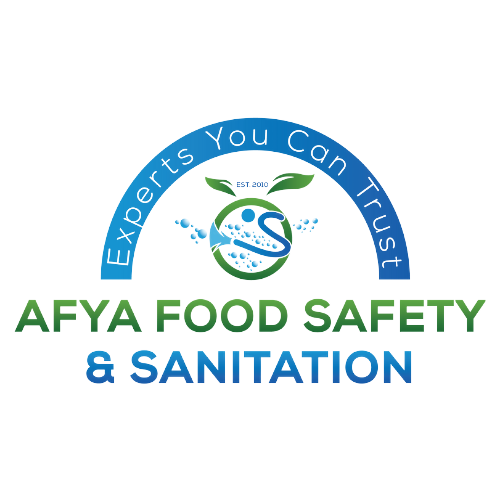
Please Wait For Loading

Please Wait For Loading
Maryland, MD USA
+1 (443) 666-9132
info@afyafoodsafety.com
Opening Hours: 9:00 AM - 5:00 PM
Copyright ©Afya Food Safety all rights reserved.
You can also reach us via Phone: +1 443 666 9132 or via Email:info@afyafoodsafety.com
1 in 6 Americans Get Sick from Contaminated Food!
We often think of food as sustenance, a source of nourishment and pleasure. But what if we told you the food you eat might be making you sick because it’s contaminated? It’s a disturbing reality that millions of people face each year.
Statistics reveal that one in six Americans will suffer from a foodborne illness at some point in their lives. This equates to millions of cases of food poisoning annually, resulting in hospitalization, long-term health issues, and even death.
It’s time to shed light on this pressing issue. This post delves into the shocking statistics, explores the causes of foodborne illnesses, and provides essential tips to protect yourself and your family.
The Shocking Reality of Contaminated Food
It is concerning that one in six Americans will contract a foodborne illness. People of all ages, from small children to the elderly, are impacted by this issue. The repercussions could be anything from little pain to sickness that requires hospitalization and long-term health issues.
When food is contaminated during manufacture, processing, or preparation, bacteria, viruses, or parasites can often result in foodborne diseases. Under some circumstances, these bacteria can quickly multiply, making food dangerous to eat.
Common Causes of Foodborne Illness
Symptoms of Foodborne Illness
Depending on the type of pathogen involved, symptoms of a foodborne illness might vary, but they frequently include the following: diarrhea, vomiting, nausea, cramping in the abdomen, fever, chills, and headaches.
It’s critical to get medical help if your symptoms are severe or if they don’t go away.
Preventing Foodborne Illness
While the statistic is alarming, there are steps you can take to significantly reduce your risk of foodborne illness:
Conclusion
It is crucial to remember that 1 in 6 Americans suffers from a foodborne illness, underscoring the importance of food safety. We can reduce the risk of getting sick by understanding the causes of foodborne illnesses and taking preventive measures by ensuring food safety and sanitation.
It is also important to note that everyone shares the responsibility for food safety. By following these guidelines and raising awareness, we can work together to protect public health and safely enjoy our meals.
This blog article aims to prevent numerous cases of foodborne illnesses and promote a healthier community by providing valuable information and increasing awareness.
Related Posts
Categories
Antibiotic Resistance: A Growing Threat to Food Safety
April 17, 2025Understanding Cross-Contamination: A Major Food Safety Risk
March 31, 2025Calender